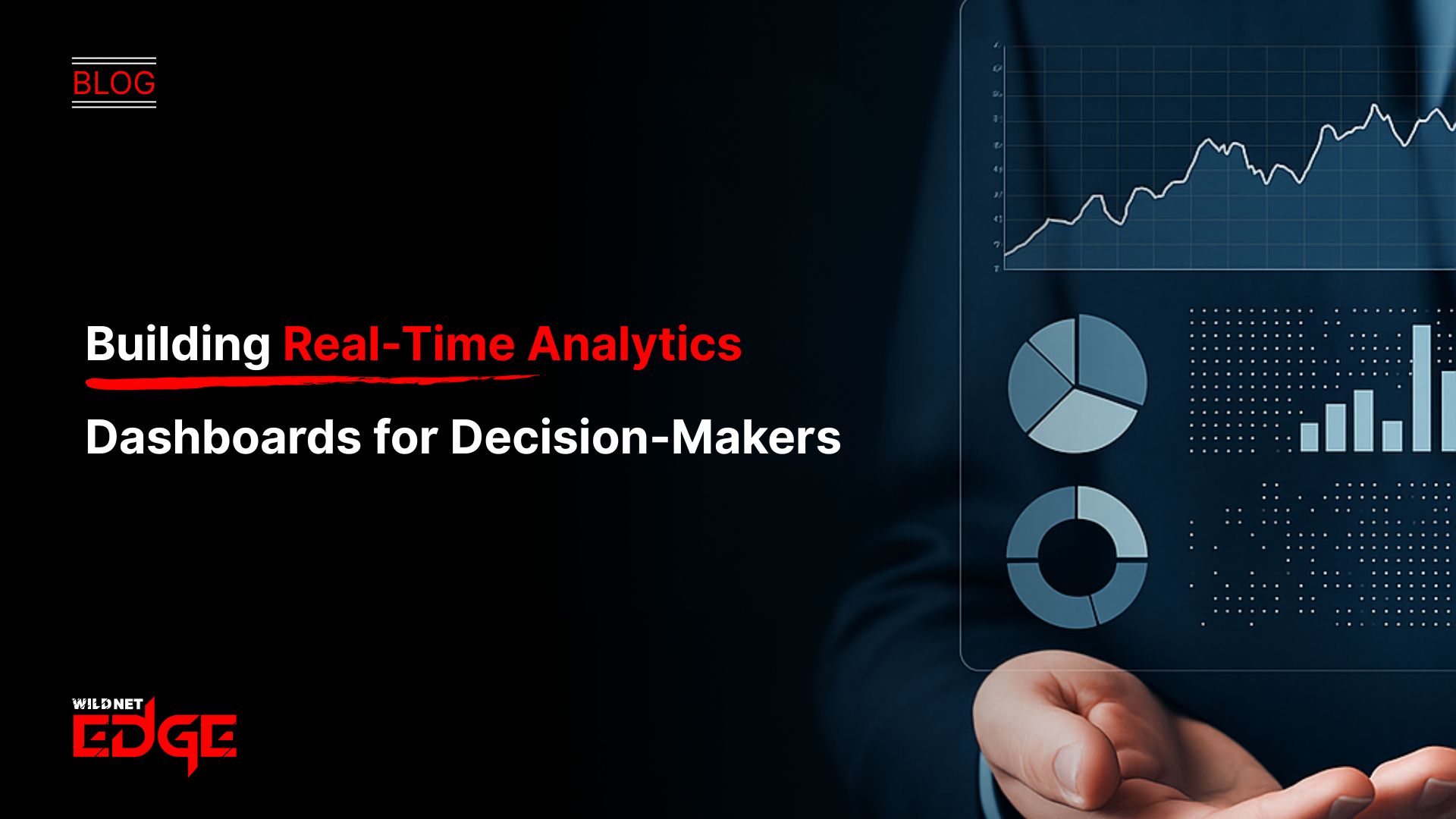In an era where consumers are inundated with choices, simplifying their decision-making process can be challenging. With thousands of products and services available at the click of a button, how can businesses effectively direct their customers toward making a purchase? This is where AI recommendation engine software development comes into play. By harnessing the power of artificial intelligence, businesses can provide tailored suggestions that resonate with individual preferences, ultimately guiding customers through their purchasing journey. These recommendation engines not only make it easier for consumers to find what they want but also help companies drive higher conversion rates through personalized ads.
Importance of Personalized Ads in Marketing
Enhancing Customer Experience with Personalization
Personalized ads represent a significant shift in how brands communicate with their audiences. Unlike traditional advertising, which adopts a one-size-fits-all approach, personalized ads cater to the specific interests and needs of each customer. A 2023 study revealed that personalized marketing campaigns can lead to conversion rates that are 5-10 times higher than their generic counterparts. By using data analytics, brands can understand their customers’ behaviors, habits, and preferences, ensuring the content delivered mirrors their unique desires.
For instance, if a consumer frequently browses for hiking gear online, they might receive targeted ads featuring the latest hiking boots or backpacks. This tailored approach not only increases user engagement but also fosters a deeper connection between the brand and the customer, reinforcing loyalty and encouraging repeat purchases. Moreover, about 80% of consumers are more likely to buy from a brand that provides a personalized experience, illustrating the critical role that personalized ads play in improving customer satisfaction.
Differences Between General and Personalized Ads
The difference between general ads and personalized ads is stark, especially in performance metrics. General ads attempt to appeal to a wide audience and, as such, often result in a lower return on investment (ROI). In contrast, personalized ads are tailored to specific audience segments, showcasing products or services that have already garnered the consumer’s interest.
Data suggests that businesses utilizing personalized ads better optimize their marketing budget. For example, a study by Epsilon in 2023 found that 71% of consumers feel frustrated when a shopping experience is impersonal. These insights underline the effectiveness of personalized ads when compared to generic campaigns. Companies employing AI recommendation engines find that their ads not only capture attention but significantly enhance conversion rates—often leading to the acquisition of new customers while retaining existing ones.
How AI Recommendation Engines Work
Algorithms Behind AI Recommendations
At the core of AI recommendation engines are sophisticated algorithms that analyze vast amounts of data to determine user preferences. Common algorithms include collaborative filtering, which bases predictions on past behaviors of similar users, and content-based filtering, which recommends products based on user-specific characteristics. Hybrid models that combine both approaches are increasingly popular, providing a more robust recommendation system.
The effectiveness of these algorithms relies heavily on the quality and quantity of data inputs. Factors such as browsing history, purchase history, and customer ratings all play a critical role in shaping recommendations. For businesses, understanding how these algorithms operate allows them to develop more targeted ad strategies. Moreover, advancements in natural language processing and machine learning are continuously improving the accuracy of these predictions, resulting in more relevant personalized ads.
Diverse Applications of Recommendation Engines
The applications of AI recommendation engines are vast and varied. Industries such as e-commerce, entertainment, and even education benefit significantly from these systems. For instance, Amazon’s recommendation engine drives around 35% of its sales by suggesting products based on users’ browsing and purchase histories. Similarly, streaming platforms like Netflix utilize recommendation algorithms to suggest shows and movies, tailoring content to individual viewing preferences.
Case studies illustrate the power of AI recommendation engines in boosting sales. A well-known fashion retailer implemented AI-driven personalized ads and reported a 20% increase in sales within just six months. Such examples underscore the transformative impact that AI recommendation engine software development can have across a broad array of sectors.
Key Benefits of AI Recommendation Engine Development
Improved Conversion Rates through Personalization
High conversion rates are often unattainable without effective personalization strategies. Businesses that deploy AI recommendation engines routinely observe significant improvements in conversion rates. For example, a 2023 report by McKinsey revealed that personalization boosts conversions by an average of 10 to 15%.
Furthermore, personalized recommendations can directly influence upselling and cross-selling opportunities. For instance, if a user adds a product to their cart, an AI recommendation engine can suggest complementary items, enhancing the overall purchasing experience and driving additional revenue.
Cost Efficiency and ROI of AI Solutions
From a financial perspective, businesses investing in AI recommendation engine software development recognize substantial cost efficiencies. While the initial investment might seem daunting, the ROI from personalized advertising often outweighs these concerns. In 2023, Salesforce reported that companies using AI for recommendations saw a 25% drop in marketing costs while simultaneously increasing revenue by 30%. By streamlining their advertising strategies through targeted ads, businesses no longer waste resources on ineffective general advertising campaigns.
The compelling statistics surrounding AI recommendation engines demonstrate their vital role in modern marketing strategies. As organizations recognize the immense potential of personalized ads, the focus on developing advanced recommendation systems will only intensify, highlighting the need for continued innovation in this space.
Best Practices for Implementing AI Recommendations
Data Collection Strategies for Better Recommendations
Effective data collection is paramount to maximizing the potential of AI recommendation engines. Businesses should implement strategies that capture rich datasets, ensuring they pull insights from a variety of customer interactions. Utilizing omnichannel data collection methods—including websites, mobile apps, and social media interactions—can create a comprehensive view of the customer journey.
However, challenges in data management can arise. Companies must be vigilant about data accuracy and quality, ensuring that the information they collect reflects actual customer behaviors. Employing data validation tools and best practices can help mitigate common pitfalls, ultimately allowing for more accurate recommendations.
Testing and Optimizing Recommendations
A/B testing is a critical component of refining AI recommendation strategies. By experimenting with different recommendation models and presentation formats, businesses can glean insights on what resonates best with their audience. Continuous optimization helps brands understand shifts in customer behavior and respond proactively.
Businesses must regularly measure the performance of their recommendations, employing key metrics such as click-through rates and conversion rates. Implementing feedback loops that gather insights on customer interactions can further enhance the effectiveness of personalized ads over time. The dynamic nature of consumer preferences necessitates a commitment to ongoing testing and adaptation to maintain competitive advantage.
Challenges in AI Recommendation Engine Development
Data Privacy and Compliance Considerations
As personalized ads increasingly dominate marketing strategies, concerns surrounding data privacy and compliance continue to rise. Regulations like GDPR dictate strict guidelines around how consumer data can be collected and used. Businesses must prioritize transparency and user consent when leveraging AI recommendation engines to ensure they adhere to privacy laws.
To address these concerns, organizations should outline clear data privacy policies, reassuring customers that their information is safely managed. Implementing virtual rights management tools can further bolster data security, providing customers peace of mind while enabling effective personalized marketing campaigns.
Overcoming Adoption Barriers within Companies
Despite the numerous advantages of AI recommendation engine software development, many organizations face barriers to adoption. Common obstacles include skepticism regarding costs, resource allocation, and the perceived complexity of these technologies. To overcome these hurdles, businesses should focus on providing education around the benefits of AI initiatives to internal stakeholders, highlighting tangible success stories from similar companies.
Additionally, organizations can invest in skilling their teams, ensuring they have a solid understanding of AI and its applications in marketing. Partnering with specialized vendors, such as Wildnet Edge, can help navigate the complexities of adopting AI solutions, making the process smoother and more efficient.
Future Trends in AI Recommendation Engines
Innovations and Technological Advancements
The future of AI recommendation engines is bright, marked by continuous innovation and technological advancements. Emerging technologies such as enhanced machine learning algorithms, edge computing, and real-time analytics will redefine how businesses operate. These advancements will empower users by providing instant and highly relevant recommendations, transforming the landscape of personalized ads.
The integration of AI with augmented and virtual reality is also poised to create unique advertising experiences. Imagine consumers being able to try on clothes virtually, supported by AI suggestions on style and fit—this is the next frontier for retail. Brands that embrace these trends early will set themselves apart in a competitive marketplace.
The Role of AI in Consumer Behavior Insights
AI’s capacity to analyze consumer behaviors will only grow in sophistication. As recommendation algorithms evolve, they will enable brands to understand their customers on a deeper level. By gleaning insights from vast datasets, businesses can identify not only current preferences but also predict future trends—allowing them to craft proactive marketing strategies.
Experts speculate that AI will further democratize access to consumer behavior insights, enabling small and medium-sized businesses to utilize the same cutting-edge technology as larger competitors. Such equitable access to advanced data analytics will reshape industries, leveling the playing field and fostering innovation.
Conclusion
The transformative power of AI recommendation engine development is reshaping marketing strategies, particularly in the realm of personalized advertising. By effectively leveraging AI, businesses can streamline their marketing efforts, improve customer satisfaction, and drive higher conversion rates. Companies like Wildnet Edge serve as trusted partners in this journey, offering solutions tailored to enhance personalized advertising efforts. Exploring and investing in AI technologies will ensure that organizations remain competitive, capturing the attention and loyalty of their customers effectively.
FAQs
Q1: What is AI recommendation engine software development?
It involves creating systems that analyze user data to deliver personalized content or product suggestions.
Q2: How do personalized ads improve conversion rates?
Personalized ads target users based on preferences, increasing engagement and likelihood of conversion.
Q3: What algorithms are used in AI recommendation engines?
Common algorithms include collaborative filtering, content-based filtering, and hybrid models.
Q4: What are some challenges in developing AI recommendation engines?
Challenges include data privacy issues, user trust, and integration with existing systems.
Q5: What industries benefit from AI-powered personalized recommendations?
E-commerce, entertainment, and education are key industries leveraging AI for enhanced customer experiences.

Nitin Agarwal is a veteran in custom software development. He is fascinated by how software can turn ideas into real-world solutions. With extensive experience designing scalable and efficient systems, he focuses on creating software that delivers tangible results. Nitin enjoys exploring emerging technologies, taking on challenging projects, and mentoring teams to bring ideas to life. He believes that good software is not just about code; it’s about understanding problems and creating value for users. For him, great software combines thoughtful design, clever engineering, and a clear understanding of the problems it’s meant to solve.
 sales@wildnetedge.com
sales@wildnetedge.com +1 (212) 901 8616
+1 (212) 901 8616 +1 (437) 225-7733
+1 (437) 225-7733















 ChatGPT Development & Enablement
ChatGPT Development & Enablement Hire AI & ChatGPT Experts
Hire AI & ChatGPT Experts ChatGPT Apps by Industry
ChatGPT Apps by Industry ChatGPT Blog
ChatGPT Blog ChatGPT Case study
ChatGPT Case study AI Development Services
AI Development Services Industry AI Solutions
Industry AI Solutions AI Consulting & Research
AI Consulting & Research Automation & Intelligence
Automation & Intelligence















